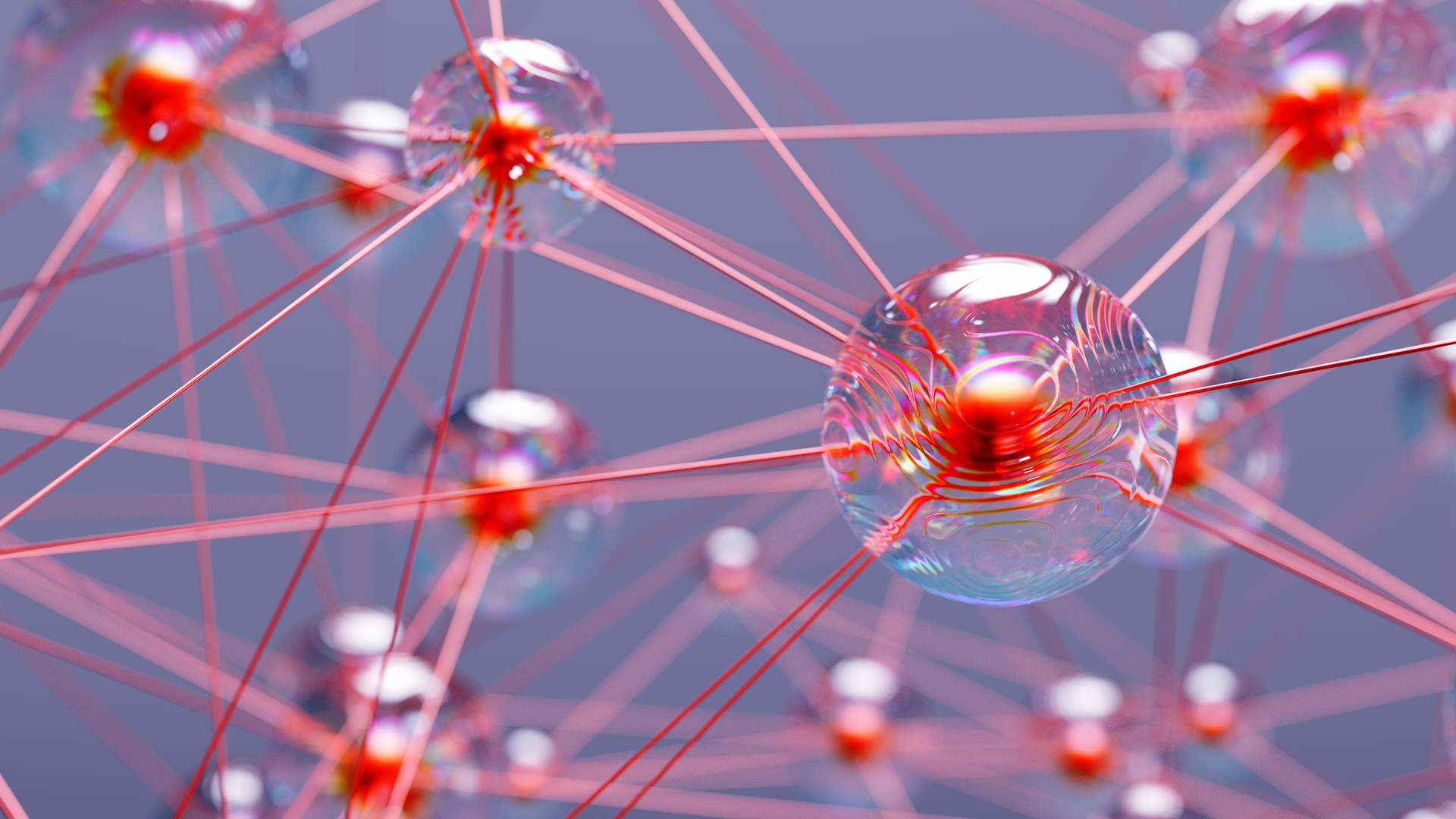Plants, Vol. 12, Pages 2098: Alfalfa, Cabbage, Beet and Fennel Microgreens in Floating Hydroponics—Perspective Nutritious Food?
Plants doi: 10.3390/plants12112098
Authors: Sanja Fabek Uher Sanja Radman Nevena Opačić Mia Dujmović Božidar Benko Denis Lagundžija Valent Mijić Lucija Prša Srđan Babac Jana Šic Žlabur
Microgreens are young plants of various vegetables, medicinal and aromatic plants, cereals and edible wild plants that were first associated with nouvelle cuisine as decoration in dishes due to their attractive appearance and strong flavor. Recently, they have become more sought after in the market due to their high nutritional value. This is due to the growing interest of consumers in a healthy lifestyle that includes a varied diet with emphasis on fresh, functional foods. Nowadays, commercial production of microgreens is shifting to modern hydroponic systems due to their numerous advantages, such as accelerated plant growth and biomass production, earlier harvesting, and more production cycles that positively affect yield and chemical composition. Therefore, the aim of this study was to determine the content of specialized metabolites and antioxidant capacity of hydroponically grown alfalfa (Medicago sativa) cv. ‘Kangaroo’, yellow beet (Beta vulgaris var. conditiva) cv. ‘Yellow Lady’, red cabbage (Brassica oleracea L. var. rubra) cv. ‘Red Carpet’, and fennel (Foeniculum vulgare) cv. ‘Aganarpo’ microgreens. The highest content of total phenols (408.03 mg GAE/100 g fw), flavonoids (214.47 mg GAE/100 g fw), non-flavonoids (193.56 mg GAE/100 g fw) and ascorbic acid (74.94 mg/100 g fw) was found in fennel microgreens. The highest content of all analyzed chlorophyll pigments (Chl_a 0.536 mg/g fw, Chl_b 0.248 mg/g fw, and TCh 0.785 mg/g fw) was found in alfalfa microgreens. However, in addition to alfalfa, high levels of chlorophyll a (0.528 mg/g fw), total chlorophyll (0.713 mg/g fw) and the highest level of total carotenoids (0.196 mg/g fw) were also detected in fennel microgreens. The results suggest that microgreens grown on perlite in floating hydroponics have high nutritional potential as a functional food important for human health and therefore could be recommended for daily diet.

 1 year ago
26
1 year ago
26

